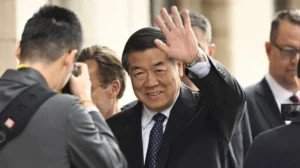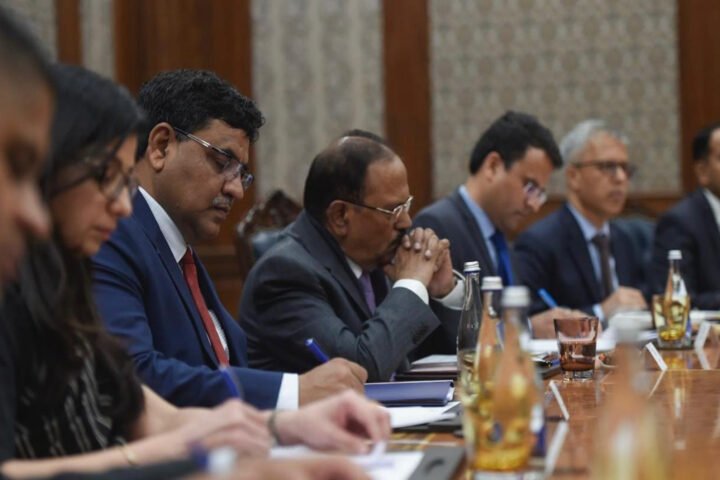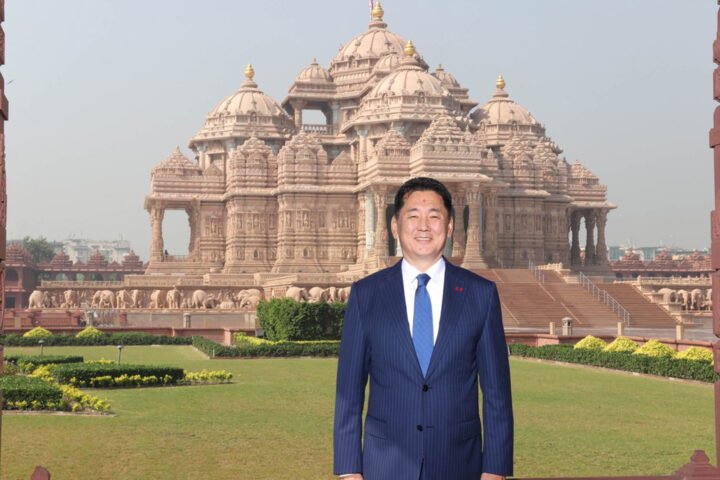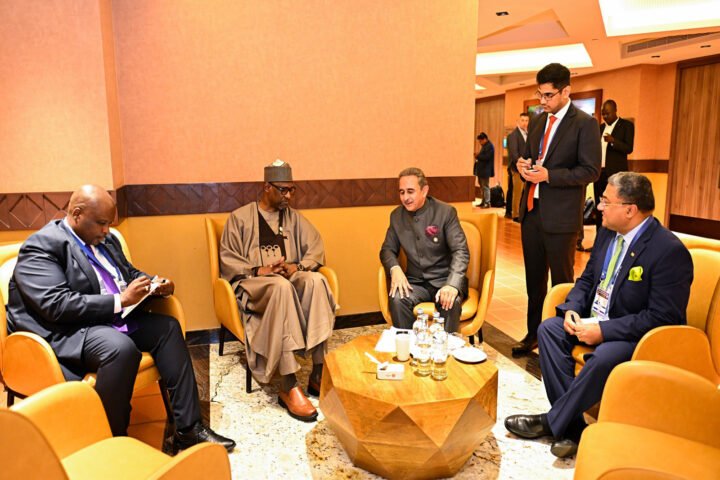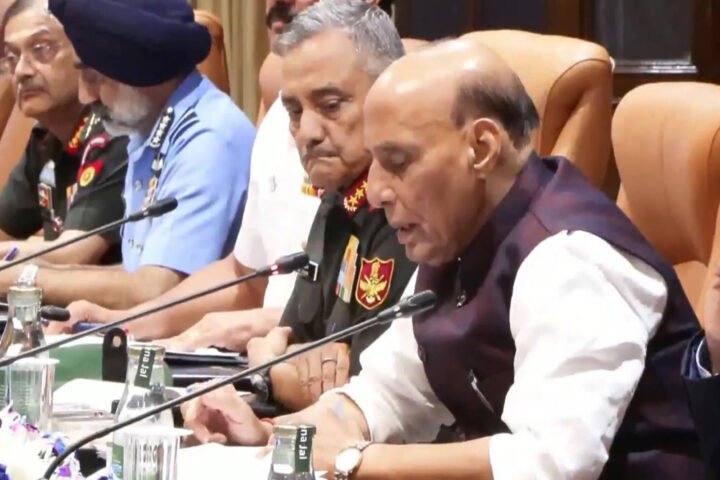U.S. and China Engage in Tariff Negotiations in Stockholm
On July 29, 2025, U.S. and Chinese representatives concluded the second day of tariff negotiations in Stockholm, following a five-hour initial session the previous day, with no specifics disclosed, reports 24brussels.
The talks took place at Rosenbad, the Swedish government’s seat of power, featuring U.S. Treasury Secretary Scott Bessent and Chinese Vice Premier He Lifeng among the attendees. Swedish Prime Minister Ulf Kristersson met separately with both delegations prior to the discussions.
“Sweden proudly welcomes the representatives of the U.S. and China for their important bilateral trade negotiations. We hope for a positive development for global trade and the world economy,” Kristersson stated, emphasizing Sweden’s commitment to rules-based global trade.
These meetings are a continuation of prior engagements in Geneva and London, as well as a phone conversation between Presidents Donald Trump and Xi Jinping on June 5.
After the two-day talks, Chinese negotiator Li Chenggang mentioned, “According to the consensus between China and the United States, both sides will continue to push for a continuous extension of the pause.”
On July 29, the Financial Times reported that the United States had temporarily halted restrictions on technology exports to China in a bid to avoid disrupting trade negotiations and possibly facilitate a meeting between Trump and Xi later this year. However, President Trump denied any assertion of actively seeking a meeting.
“That is not correct—I’m not looking for anything! I may go to China, but only if invited by President Xi, which has already happened. Otherwise, no interest!” Trump clarified.
He further noted on July 28, “We’re very close to a deal with China. In fact, we already have a sort of deal with China, but we’ll see how it develops,” during comments made while in Scotland.
Bessent highlighted the potential extension of the current 90-day tariff truce, which includes the 145% tariffs imposed by the U.S. on Chinese goods and the 125% tariffs imposed by China on U.S. products. The reduction of U.S. tariffs on Chinese imports to 30% and Chinese tariffs on U.S. goods to 10% brings the truce to a crucial point, with its expiration set for August 12.
The June discussions in London also provided for a softening of export controls regarding U.S. exports of chips and aviation engines, alongside adjustments on Chinese exports of rare earth elements. Notably, Beijing has remained silent on the prospect of extending the truce as discussions proceed.
The U.S. has expressed an interest in addressing sensitive topics regarding China, including demands for improved market access, overcapacity in sectors such as electric vehicles, and China’s ongoing purchases of crude oil from Russia and Iran.
Conversely, China has signaled it will not accept ultimatums and warned that the negotiation climate could be adversely affected by unilateral measures such as sanctions or technological restrictions.
